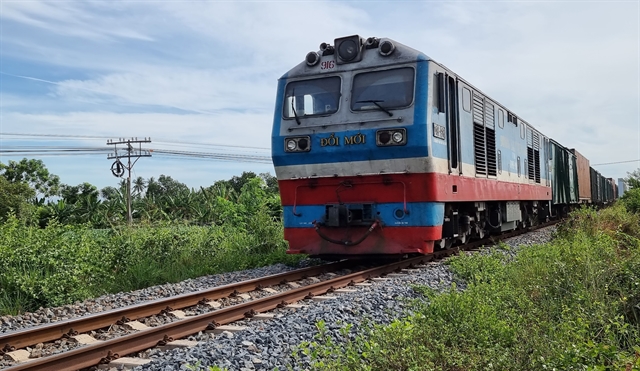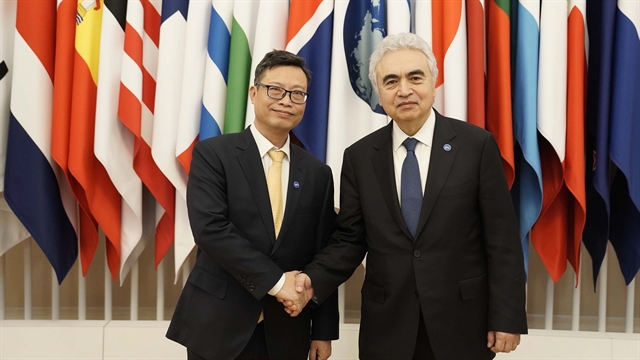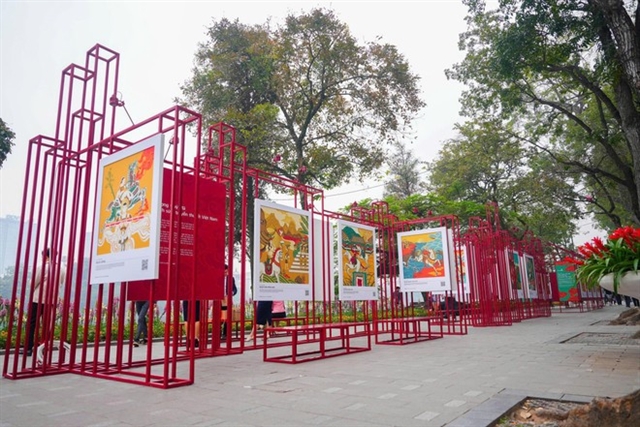 Economy
Economy


|
| People queue to withdraw cash from ATMs in Thủ Dầu Một City, BÌnh Dương Province. A national steering committee has been set up to promote financial inclusion in Việt Nam. — Photo baobinhduong.vn |
HÀ NỘI — Prime Minister Nguyễn Xuân Phúc has signed a decision to set up a national steering committee to promote financial inclusion in Việt Nam.
The steering committee is in charge of enhancing co-ordination among ministries, organisations and localities to implement the national financial inclusion strategy, which was approved early this year.
The PM will lead the committee while Governor of the State Bank of Việt Nam will be the deputy head.
The committee will study and propose strategies, policies, programmes, plans, mechanisms and solutions for financial inclusion development to the Government while playing a role in ensuring co-ordination among ministries, organisations and localities to implement the national financial inclusion strategy.
The steering committee will also propose policies to promote international co-operation in financial inclusion.
The national financial inclusion strategy aims for at least 80 per cent of adults in the country to have bank accounts by 2025. At least half of communes nationwide are hoped to have offices providing financial services and at least 25-30 per cent of adults are hoped to have savings accounts at credit institutions.
Under the strategy, the number of non-cash transactions is expected to increase by 20-25 per cent annually and insurance premiums income to reach about 3.5 per cent of the country’s gross domestic product by 2025.
In addition, at least 250,000 small- and medium-sized enterprises are hoped to have access to bank loans and the ratio of outstanding loans for the agricultural sector to the country’s total outstanding loans would be 25 per cent by 2025.
Financial inclusion has become a global issue and is considered an important pillar for sustainable development.
To date, around 60 countries have developed and implemented national financial inclusion strategies.
The central bank’s statistics show that currently, more than 61 per cent of adults have banking accounts, while China, Malaysia and Thailand all have figures of 80 per cent or higher.
Access to financial services is also easier and more convenient in urban areas than in rural and remote areas. On average, it takes 15 minutes for about 90 per cent of adults in urban areas to reach the nearest place providing financial services. In comparison, less than 40 per cent of people in rural and remote areas can reach a financial service provider within 15 minutes.
According to Nguyễn Thị Hòa, Director of the Banking Strategy Institute, it was necessary to develop the model for co-operation between banks and non-bank retail agents to provide financial services in places where banks had not reached. — VNS




